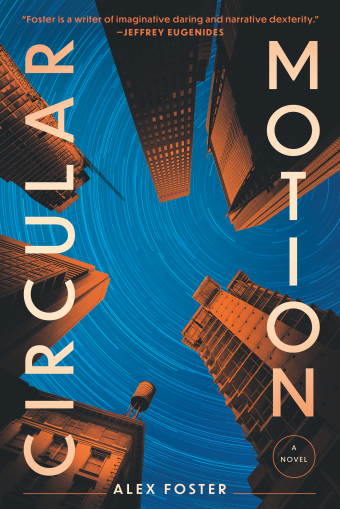Recommended: I don't think so?
If you're interested in the sciency premise, probably don't bother. If you want to read about a shitty world of shitty people, go ahead. It's very grim and offers no hope.
Thoughts:
This book made me feel incredibly sad when I finished it. Sad as in, hopeless for the world. I really don't need more of that lately...
About halfway through I realized this is less focused on the interesting sciency premise and effects of the world rotating faster, and is more focused on the gross consumerism, capitalism, and greed of the people and characters in the story. I kept thinking to myself, why does any of this matter? Which ironically also kind of mirrored the characters who kept thinking that as well before continuing on in their pointless, meaningless, unfulfilling lives.
No one is happy basically ever in this book. No one is very likeable. Even the literal earth is a bit gross and sad. There's much talk about "inevitability" in this book, and that's what the ending is too. I am struggling a lot with this book overall because I would say in the end, I really didn't enjoy it much at all. It was kind of a chore to keep coming back to it. I don't feel like I got much out of it when I finished. The effects of the world spinning faster were interesting, but basically a footnote. That is of course the whole point of the story, but it didn't really serve me well.
It felt like a lot of pointless, annoying noise, much like the constant ads the characters are bombarded with in every angle of the book. I think this was the goal, and in that case: very well done. But as for being something I enjoyed reading or got something from: not done. Capitalism is bad, people are greedy, and humanity is it's own inevitable downfall. I know. This is not news. Eh. That said, I write this as I am still feeling pretty morose after finishing it, and who knows how much that's also now coloring this review. :(

